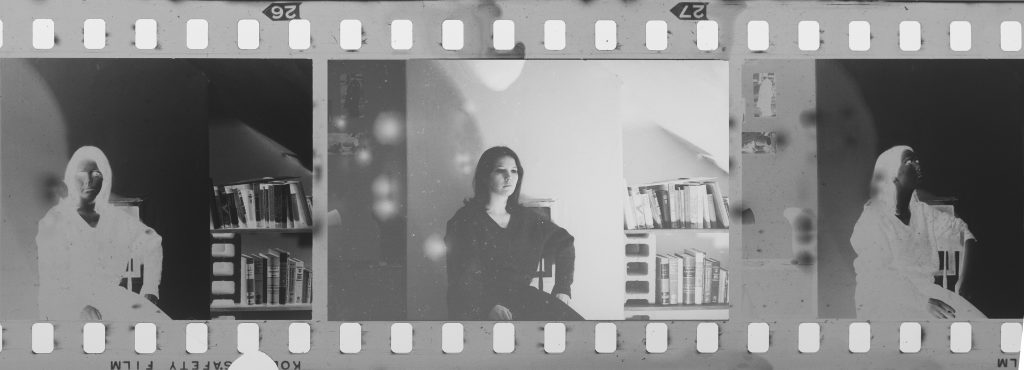
Shibai: Remembering Jane Britton’s Murder
In 2017, the 1969 murder of my fellow Harvard grad student and friend Jane Britton took over my life. (The Wikipedia article is incomplete and misleading in some ways, but it’s a useful summary.) The case had been cold for years. It was solved — after nearly half a century — but along the way things got pretty exciting for me. And frightening, too, when the Massachusetts State Police sent a detective to Hilo to collect my DNA so that I could be excluded as the killer. That opened wounds I thought had healed.
At about the same time, I began working with the investigative journalist Becky Cooper, who was writing a book about the case, and its larger Harvard context. That book (We Keep the Dead Close) was published to (well-deserved) rave reviews, in November 2020 and became a best-seller. I can’t recommend it highly enough. It’s a wonderful piece of work.
I had been working on a novel in which the murder played a role. Becky and I had talked about how cool it would be to have her non-fiction book and my novel hit the streets at about the same time. The novel faltered (which is to say I faltered…but by 2025 I had woven the murder into my novel Mauka) so in summer 2020 I decided to write something resembling a memoir about how the case had affected two-thirds of my life.
I published Shibai: Remembering Jane Britton’s Murder in late November 2020.
There are some fifty reviews on Amazon. This anonymous one I think describes it very well: “An utterly fascinating tale about the story of a murder of a close friend (about which the narrator was briefly a suspect), and its aftershocks — Mitchell’s intimate memories of that dear friend, mixed up with other memories of terror — his early anthropological excursions at a far-flung island with deadly snakes and spiders, his intimate acquaintance with death as a volunteer rescue worker on the island of Hawaii…. Now, almost 50 years later, in the midst of his quiet, happy life, questions about the murder resurface, and the trauma of the suspicion returns. The narrative brilliantly toggles between how the distant past of the murder calls forth other powerful associations — how we respond to death. Here there is much to admire, particularly Mitchell’s precision of detail regarding his memories, but also his rare skill at detailing his thought processes — even regarding the distant past, drawing the reader into the way in which his brilliant mind operates, articulating complex and heightened emotional moments. Most impressive is how the resurfacing of Mitchell’s friend’s murder inspires explorations of great breadth and depth of experience — moving from Harvard to Hawaii to the island of Bougainville, touching on Mitchell’s vast experience as a rescue worker, an anthropologist, a photographer, the — I was going to say “novel” — but it’s really a memoir that in parts reads as fascinatingly as a novel reads — engages us ultimately as a kind of love story, a story of a relationship that — as all of our heart-felt relationships often do — reaches out and, if we’re as thoughtful and wise as Mitchell certainly demonstrates — changes us, to, as Mitchell realizes, “make yourself visible to yourself.” I can’t recommend Shibai highly enough.
You can see and hear Becky and me in conversation and I participate in another presentation about memoirs.
